FalcoViz Development Frameworks (FVDF)
FalcoViz stakeholders have collectively developed 12+1 rigorously designed frameworks to resolve chronic economic development impediments, and to accelerate holistic development using cutting-edge epistemological and technological models. These frameworks are called FalcoViz Developmental Frameworks (FVDF).
First, FalcoViz developed a core framework for stakeholders’ engagement optimization called PREFER that stands for PPP Rigorous Engagement Framework for Economic Renaissance. This s rigorously designed framework to efficiently stimulate the active participation of diverse global stakeholders in various economic development initiatives. Furthermore, PREFER was used to develop the following 12 FCDF frameworks.


E3F is based on holistic incubation architectural models, incubation virtualization services, global competencies continuum, and intelligent innovation ecosystems. This framework aims to resolve competencies traps and innovation impediments by virtualizing business incubation processes, and seamless integration of entrepreneurs with globally competent resources.

EduTech 3.0 is novel framework based on Computational Cognitive Educational Models (CCEM). This frameworks uses multidisciplinary knowledge, and optimal human-machine partnership. This framework aims to optimize the entire educational experiences, and to disruptively elevate the quality of education.

HIDEF is an innovative multidisciplinary economic development framework aiming to resolve the root causes of current economic development impediments, and the dynamic challenges of multilateral development banks and funds. This comprises rigorous economic models, intelligent technologies, disruptive financial models, and hyper-optimized operational models.
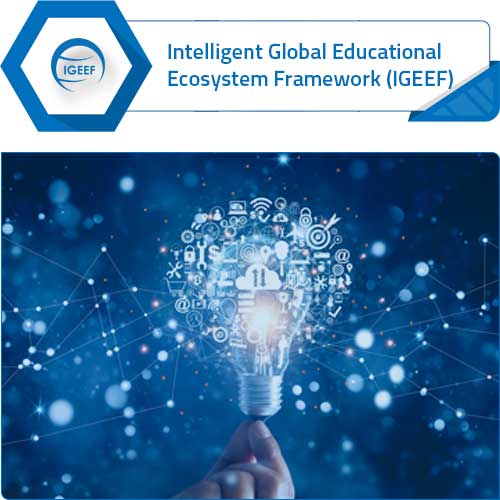
IGEEF is a rigorous framework aiming to exponentially develop novel global educational ecosystem based on multidisciplinary epistemological models, innovative empathy-oriented educational models, and intelligent technologies, thereby disruptively tackling chronic and aggravating educational pitfalls and anomalies
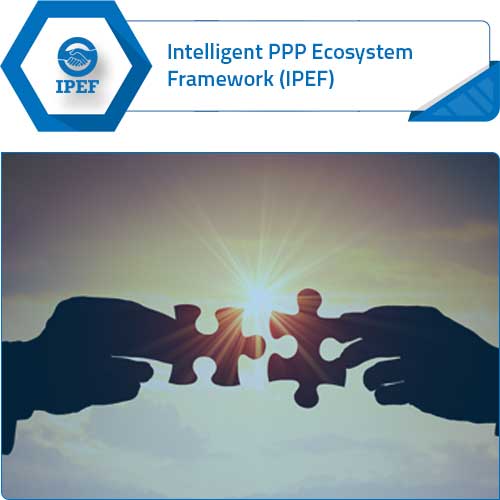
IPEF is Public Private Partnership (PPP) ecosystem development framework. This framework comprises 38 computational models that address PPP challenges via PPP Symbiotic Digital Marketplace (PSDM). This marketplace aims to incentivize government, private sectors, investors, and complementers to symbiotically create value for each other.

Kerama is a rigorous framework based on computational dignity models. This framework uses multidisciplinary knowledge to micro-orchestrate services to individuals based on 12 dimensions, and 652 attributes. Kerama is mainly used to resolve chronic impediments in children-homes, nursing homes, handicapped centers … etc.
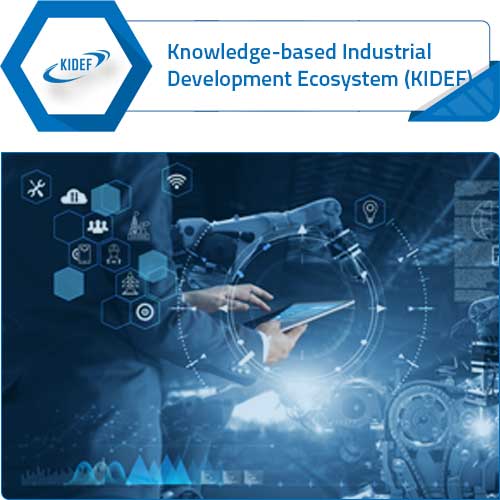
KIDEF is a knowledge-driven industrial development framework. This framework is based on virtual Research and Development ecosystems that are globally connected with highly competent resources. KIDEF uses computationally codified knowledge to accelerate industrial innovation, and human-machine partnership.
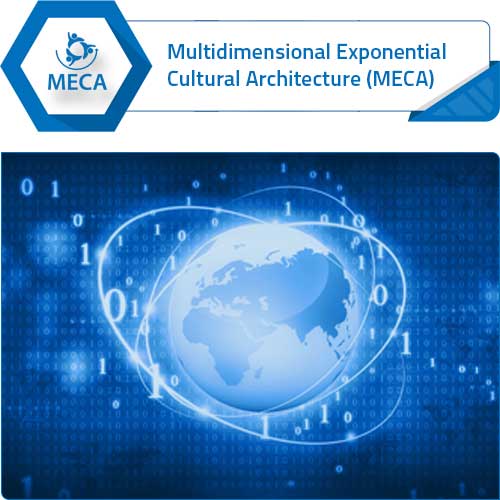
MECA is a rigorous framework for the development of intelligent cultural transformation ecosystem. The purpose of this ecosystem is to optimally transform national culture by preserving its values, tackling cultural anomalies, and consolidating existing cultural values via optimal intercultural integration.
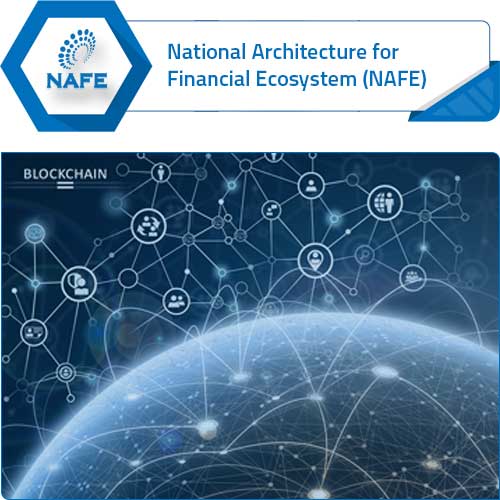
NAFE is a computational framework for the exponential development of novel financial ecosystem that encompass hundreds of financial institutions symbiotically interacting with their complementers, and customers. NAFE framework was designed via rigorously defined computational protocols.
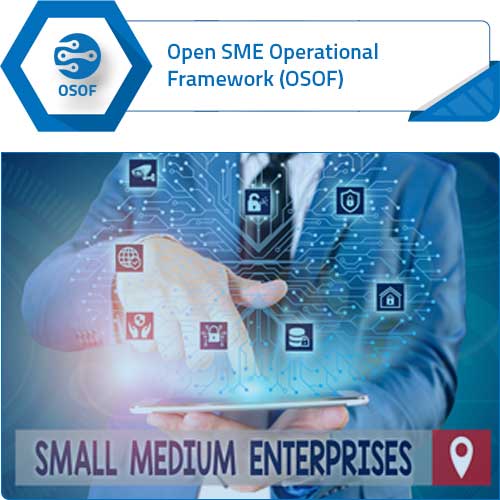
Open SME Operational Framework (OSOF) is used to design empathy-based SME ecosystem that resolves the root causes of SME chronic impediments, and pitfalls. This framework comprises 34 models aiming to resolve SME financing, operational anomalies, competencies deficiencies, supply-chain impediments … etc.
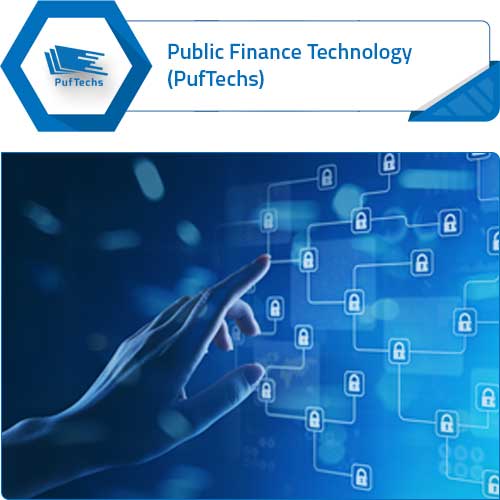
PufTechs is a rigorous framework used to develop National Public Finance Ecosystem (NPFE). This ecosystem optimizes national fiscal policies and stimulates economic development via Lean Revenue and Expenditure Models (LREM). Besides, this ecosystem automates the entire public finance activities.
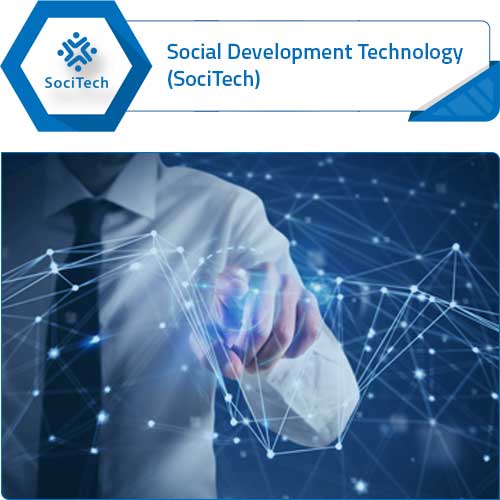
SociTech is a computational framework used to develop Social Development Ecosystem (SDE). This uses diverse epistemological models such as computational anthropology, sociology, cognitive science, economics, financial models … etc. SDE aims to efficiently resolve chronic social, and economic development challenges.